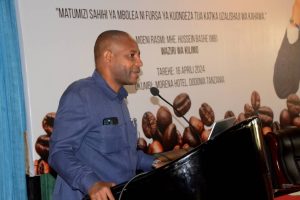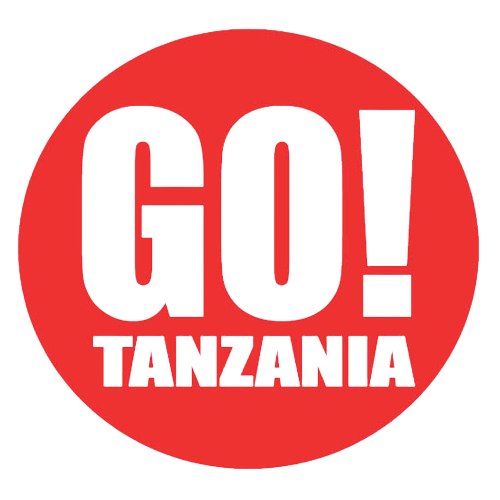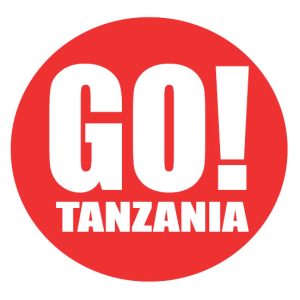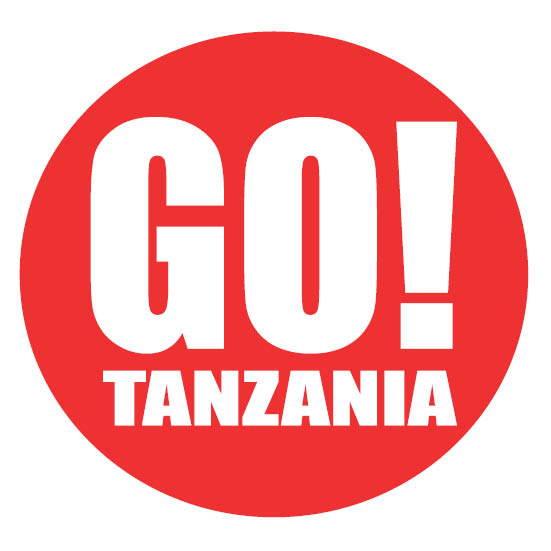
By Valentine Oforo, Dodoma
THE Tanzania Coffee Board (TCB) is implementing an ambitious strategy seeking to heighten production of coffee beans in Tanzania from the currently 80 tons to a total of 300,000 tons by 2025/26 harvesting season.
The on-going constructive strategy goes in tandem with a major zeal to stabilize the country’s position in the international coffee markets through increasing quality in the production of the coffee beans in order to attract satisfying prices.
As per the intended short-term positive impact of the vital strategy, the TCB has said it project to produce at least 85 tons of coffee in the envisaged 2024/25 season, whereby 45 tons will come from Robusta variety and at least 40 tons is expected to be raised from the Arabica variety.
The constructive development in the production of the key economic cash crop has been unveiled by the Director General (DG) of the Tanzania Coffee Board (TCB) Primus Kimaryo during his remarks at the 14th General Meeting 2014 of the coffee stakeholders in Tanzania, convened in Dodoma Capital City.
Held under the theme of ‘Proper Application of Fertilizer Is Opportunity to Improve Productivity in Coffee Production in Tanzania’, the timely forum attracted potential stakeholders, including agro –researchers from varies coffee institutions, processors and leaders from numerous coffee –related Agricultural Marketing Cooperative Societies (AMCOS).
Among others, the gathering was tailored to provide a crucial podium to the attended members to delve on varies agendas meant to improve general performance of the vital sector.
Itemizing the meaningful priorities set to be executed by the state-owned Board in the envisaged 2025/26 growing-harvesting seasons, Kimaryo unveiled that plans are to increase production and productivity in the coffee beans, as well as the coffee.
produced and processed in the country.
“Moreover, the vision is to ensure the local coffee beans being produced is of high quality to the enable attracting improved prices, but also, stabilizing the country’s position in the international markets,” he expressed.
Giving further concern, he added that there are several strategies to improve and standardize condition in coffee doing business in Tanzania.
Dwelling over the coffee producing trend and future expectations, Kimaryo detailed that production in the crop has maintained impressive growth between 2017/18 to date, due to concerted efforts by the Board to produce improved seedlings.
“Our targets, however is to continue cooperating with the Tanzania Coffee Research Institute (TACRI) to conduct thorough research on improved seeds and fertilizers, as well as disease and pesticide management” he added.
As part of the strategy, he said the coffee growers in all growing parts in the country will be imparted with recommended agronomic practices and proper use of fertilizers.
“In the period of five years we managed to produce and made available to the farmers in the country a total of 71million seedlings of improved seeds, and our annual production rate stand at a total of 20million seedlings” he informed.
To ensure for increased productivity, he revealed that the goal is to improve accessibility and availability of improved fertilizer towards the coffee farmers across the country, training the farmers on how to rehabilitate coffee plantations through uprooting the old plants and replace them with the fresh and improved ones.
“There are useful plans also to embark on a constructive strategy to venture onto the wide irrigation schemes initiatives in order to boost production,” Kimaryo expounded.
And he added, TCB has already picked and placed agriculture officer to assist the farmers in each of the coffee growing areas, together with a total of 51 coffee inspectors, being crucial strategy to stimulate performance of the economic cash crop.
Currently, the Board is working to elevate the country’s local coffee consumption from the currently 7 percent to at least 15 percent.
Despite topping the East and Central Africa (EAC) countries for harboring many processing industries and value addition for the instant coffees, it’s a grim revelation that the country lags behind when it comes to coffee consumption.
“The impeccable coffee consumption record in the country is currently stands at between 5 to 7percent, the percentage low in comparison to the country’s coffee growing status,” Kimaryo informed.
To attain the set ambitious vision, Kimaryo expressed that the Board has placed, and will continue to install a record number of equipped coffee cafeterias at different popular universities and other middle class colleges across the country.
Currently, Japan the leading consumers of the Tanzania’s coffee products, with Tokyo reported to be importing nearly that 30 percent of the Tanzania’s coffee.
In an impressive development, the Tanzania’s coffee sector has successfully managed to thrive in a period of five years, with markets and the prices of the economic cash crop continues to stabilize.
In recent years, however, he said the government through the Ministry of Agriculture has worked to strengthen coffee markets systems and prices, the development which has resulted into an increase in the prices of the crop among the growers at the local markets from 1,300/- per Kg from 2022/2022 season to 2,000/-.
Tanzania stands among the best coffee producers in the world, producing one of the best coffee varieties in the world like Colombian Mild.
Among other countries that often go for the Tanzania’s coffee, and their purchasing levels in the brackets include USA (5 percent), Morocco (5pc), South Africa (3pc), Sweden (2pc), Russia (2pc), Italy (13pc), Belgium (8pc), and Germany (13pc).
Tanzania Coffee Board is a government organ established by the Tanzania Coffee Industry Act No. 23 of 2001.
Its main function is to regulate the coffee industry in Tanzania and advise the Government of the United Republic of Tanzania on all matters related to the growing, processing and marketing of coffee within and outside the country.



